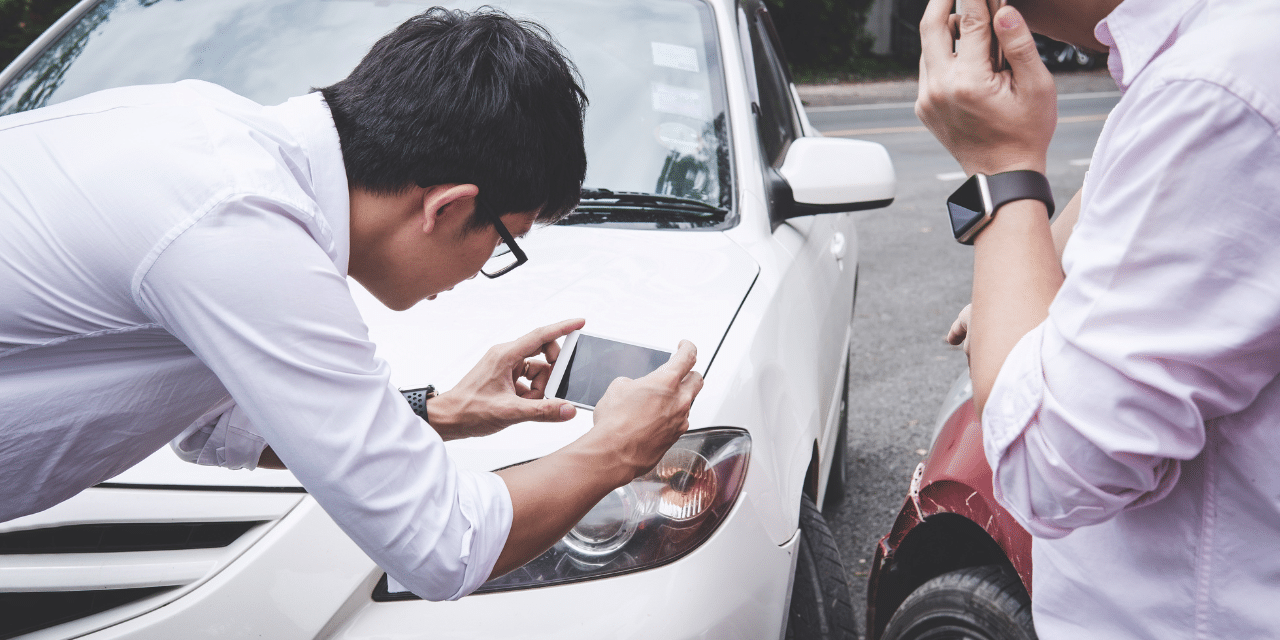What is Collision Insurance and Why You Need it?
Understanding Collision Insurance
If you have car insurance in Lancaster SC, collision insurance is a type of coverage that helps protect you from damages to your vehicle in the event of a collision. Let’s explore what collision insurance is, what it covers, and why you should consider adding it to your insurance policy. We’ll also share how HFC Insurance can help you find the right collision insurance coverage for your needs.
What is Collision Insurance?
Collision insurance is a type of auto insurance coverage that pays for damages to your vehicle if you collide with another car or object, regardless of who is at fault. This coverage is optional in most states, but if you have a car loan or lease, the lender may require you to have collision coverage.
If you’re involved in a collision, your collision insurance will pay for the cost of repairs or replacement of your vehicle, up to the actual cash value of your car. Collision coverage usually has a deductible, which is the amount you have to pay out of pocket before your insurance kicks in to cover the rest of the damages.
Collision insurance is different from liability insurance, which pays for damages you may cause to other people and their property in an accident that is your fault. By having both collision and liability insurance, you will have complete protection for yourself and your vehicle.
What to do if you have a collision?
- Check for injuries: First and foremost, make sure that you and anyone else involved in the collision are not injured. If there are injuries, call 911 immediately.
- Move to a safe area: If your car is blocking traffic or in a dangerous location, move it to the side of the road if possible. Turn on your hazard lights to alert other drivers.
- Call the police: Call the police to report the accident, even if it’s a minor one. The police will come to the scene, gather information, and file a report, which can be helpful when filing an insurance claim.
- Exchange information: Exchange information with the other driver(s) involved in the collision, including names, phone numbers, insurance information, and vehicle information.
- Take photos: Take photos of the damage to your vehicle and the other vehicles involved, as well as the scene of the collision.
- Contact your insurance company: Contact your insurance company as soon as possible to report the accident and file a claim. Your insurance company can help guide you through the claims process and arrange for repairs.
- Seek medical attention: Even if you don’t feel injured, it’s a good idea to get a medical evaluation as soon as possible. Some injuries may not be immediately apparent, and it’s important to document any injuries you sustained in the collision.
By following these steps, you can help ensure that everyone is safe, gather important information, and begin the process of filing an insurance claim if necessary.
Home Insurance Car Insurance Motorcycle Insurance RV Insurance Boat Insurance Health Insurance Medicare Insurance








